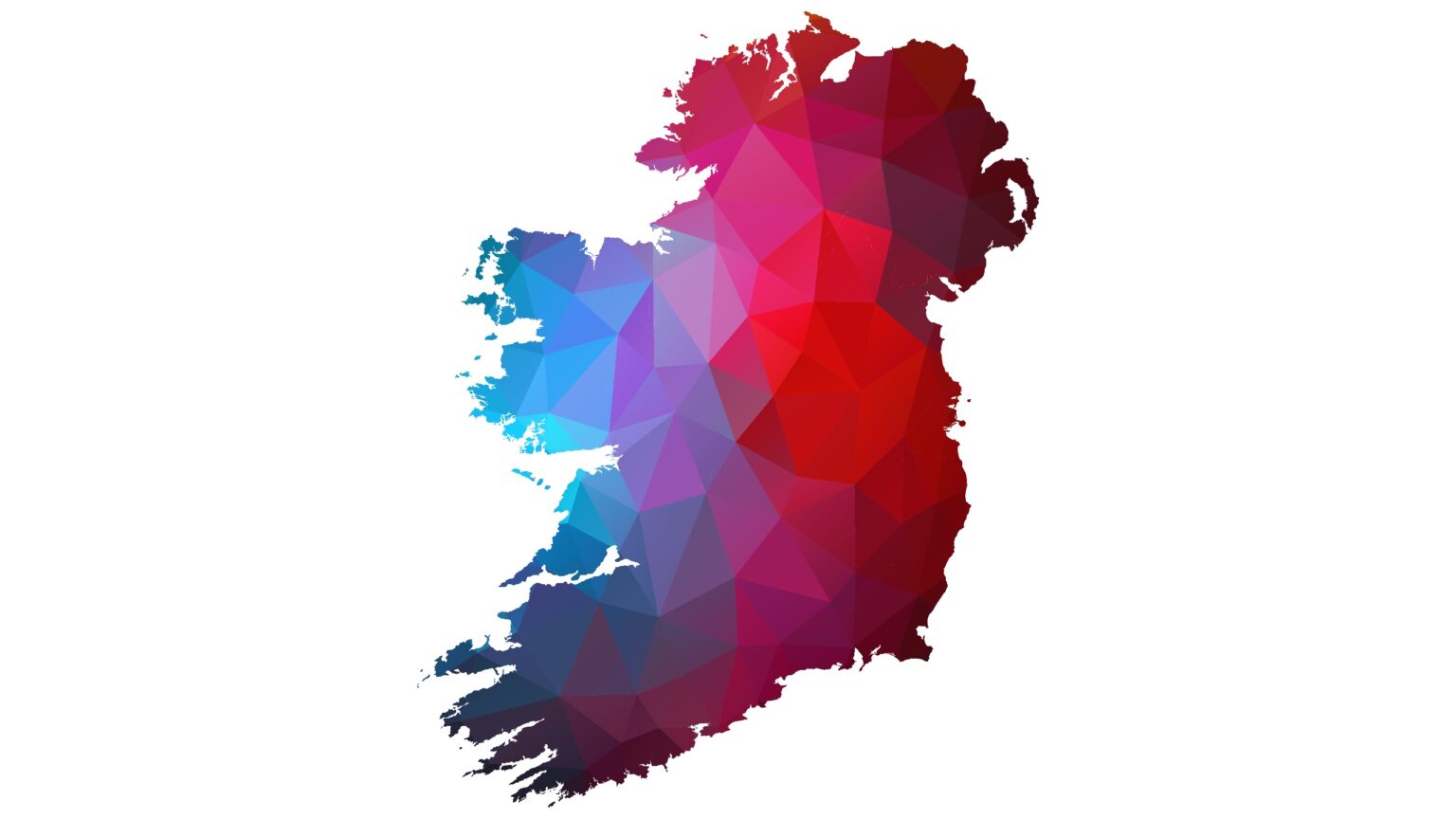OpenAI, the creator of ChatGPT, has altered its operational framework to better align with the European Union’s data privacy regulations. The company plans to shift its service delivery for the European Economic Area (EEA) and Switzerland to OpenAI Ireland Limited, effective Feb. 15, 2024.
This adjustment comes as a reaction to the concerns raised about ChatGPT’s data handling processes, particularly in light of active investigations in Italy and Poland. The inquiries initiated by Italian and Polish data protection authorities have highlighted AI technologies’ difficulties in adhering to stringent privacy regulations.
Policy updates from #OpenAI state that users who live in the European Economic Area (EEA) or Switzerland now have their personal data managed by "OpenAI Ireland Limited."
If you disagree, OpenAI says you may "delete your account" 🤷♂️ sheesh…https://t.co/bv75jnGQEy
— Simplify AI (@simplifyainews) January 2, 2024
In response to these challenges, these probes concentrate on ChatGPT’s methods of handling personal data and the type of data it produces. Consequently, OpenAI’s decision to establish an Irish subsidiary as the primary data controller for its European user base is a strategic move. This aims to ensure compliance with the General Data Protection Regulation (GDPR), which mandates strict data privacy protocols.
Building a robust presence in Dublin
OpenAI’s decision to anchor its European operations in Dublin goes beyond legal compliance. It signifies a commitment to creating a substantial operational base in Ireland, encompassing key roles in policy, legal, and privacy domains. This move follows a trend observed among other technology giants, such as Apple and Google, who have also chosen Ireland for their EU headquarters, leveraging the country’s business-friendly environment and its integral role within the EU.
Also read: OpenAI Hits $1.6 Billion Revenue as Anthropic Eyes $850M in 2024
OpenAI’s engagement with the Irish Data Protection Commission (DPC) to achieve ‘main establishment’ status under the GDPR’s one-stop-shop (OSS) mechanism is crucial to this shift. This mechanism simplifies the regulatory process, allowing a single supervisory authority within the EU to oversee privacy matters. However, gaining this status is not straightforward. OpenAI must demonstrate that its Dublin-based entity has substantial decision-making authority over data processing, ensuring it is not merely a facade for its US headquarters.
Implications for future regulation of AI in Europe
OpenAI’s restructuring within the EU regulatory landscape signifies a proactive approach to data privacy. This move could have far-reaching implications for regulating generative AI technologies, particularly concerning personal data processing and user privacy. OpenAI’s updated European privacy policy suggests a readiness to engage in a robust defense of its data practices, potentially arguing the public interest benefits alongside its commercial interests.
Despite establishing its Irish entity, OpenAI still faces challenges, particularly regarding ongoing GDPR probes in Italy and Poland. These investigations, focusing on data processing practices before the formation of the Irish entity, could influence the broader regulatory environment for AI technologies in the EU. OpenAI’s navigation of these challenges will be closely watched, as it may set precedents for future AI and data privacy regulatory actions.
"Who and how many hires #OpenAI is making in Dublin will be relevant to it obtaining main establishment status under the GDPR…. Any existing GDPR probes of #ChatGPT, such as by regulators in Italy and Poland, may still be consequential": https://t.co/O3WxruiFuo #ethics #law #AI
— Internet Ethics (@IEthics) January 2, 2024
OpenAI’s commitment to global compliance
The transition to an Irish legal entity underlines OpenAI’s dedication to global compliance, recognizing the importance of aligning with regional legal and ethical standards. This move indicates the company’s acknowledgment of the complex and varied international regulatory landscape. As the AI field evolves, such adaptations are crucial for companies aiming to stay relevant in diverse regulatory environments.









 and then
and then